Adding to the list of “things my parents never had to worry about” is the topic of “summer slide” or summer learning loss. Right along side of internet safety, screen-time addiction, and toxins leaking out of plastic sippy cups.
When I was a kid, these were my mom’s concerns: that my 4 sisters and I had food in our bellies, washed our hair if we got stinky, and got outside as much as possible.
Summer was simply about being a kid, not keeping up with algebra.
As a mom, I’ve spent the better half of my adult years just trying to learn how to juggle housework and a full-time job while providing basic needs for my three kids. I celebrate small victories, like remembering to brush all of their teeth before bed or hiding vegetables in their dinner.
Then, I heard other moms talking about preventing the “summer slide” (or learning loss over a long break from school).
My sanity already resembles a tight-rope-walking elephant at the circus. Like the circus elephant wearing a little tutu and holding a pink umbrella, I may look like I have it all together. However, if a tiny flea lands on me wrong I will plummet off that tight rope.
I realized that trying to force my kids to do learning activities in the summer would most likely be the “flea” that breaks me.
I have been hearing about summer learning loss for a few years now, but I have been selectively tuning it out. My mom brain couldn’t handle another silly parenting trend; however, as I hear more and more parents talk about it, I decided to do some research.
Related: Why I am Raising Kids Like it’s the 90’s
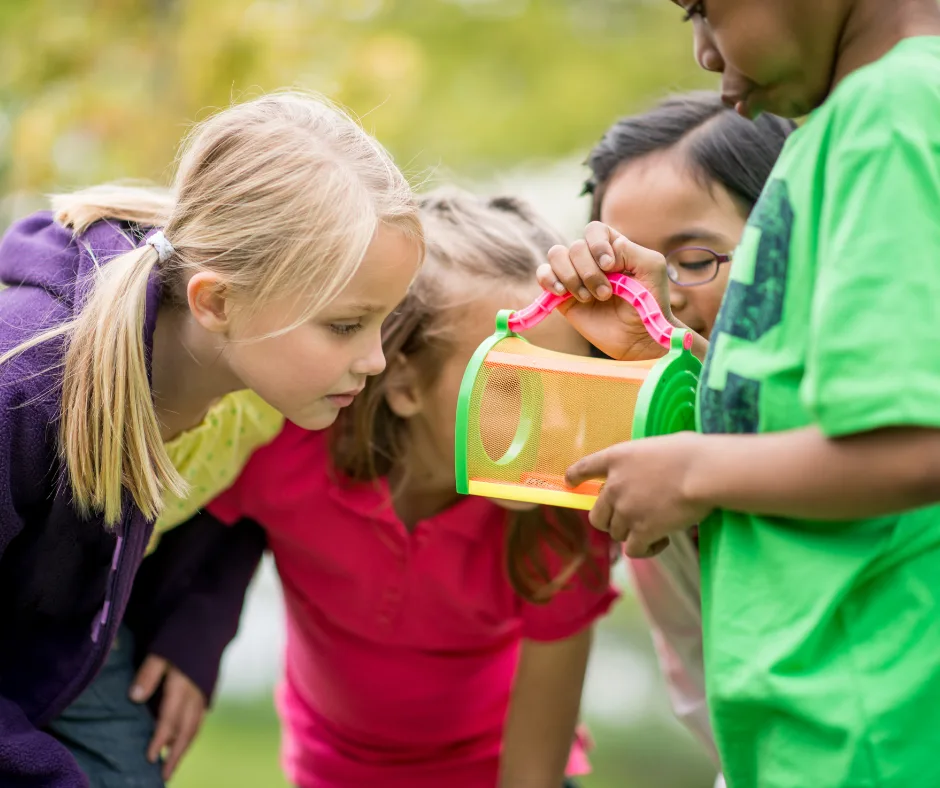
The Summer Slide: Real or Fiction?
Summer learning loss occurs when children forget academic material after taking long breaks from school.
Interestingly, there is some conflicting data when it comes to learning loss that occurs in the summer.
Some studies show that 2 months of reading skills and 2 1/2 months of math skills are lost over a single summer.
However, Paul T. von Hippel, an associate professor at the University of Texas at Austin, had different views when it comes to this phenomenon. Basically, in this article he explains that these results have been hard to duplicate.
One study demonstrated that about two-thirds of the ninth-grade achievement gaps between kids from lower and higher income homes can be explained by unequal access to summer learning opportunities during the elementary school years (Alexander et al. 2007).
However, von Hippel shows (in figure one) that these “gaps” are present prior to first grade – showing that summer learning loss does not necessarily play a factor.
To summarize, although some studies show learning loss during summer months, some experts aren’t convinced that this is detrimental to children.
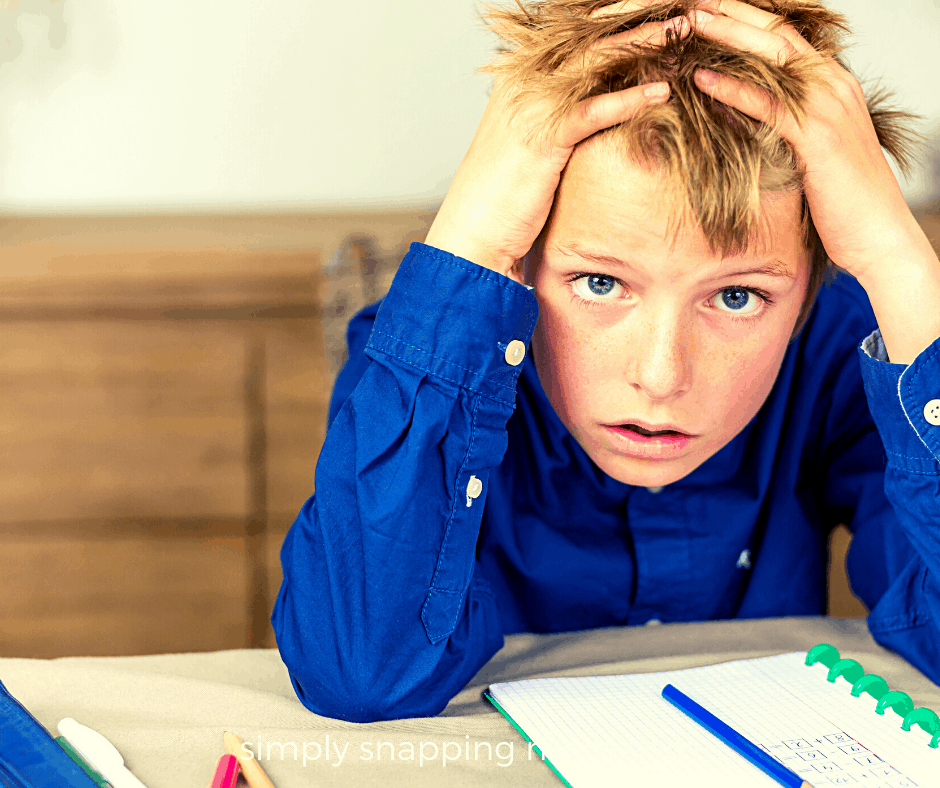
Let’s Focus on Summer Gains vs. Summer Losses
My kids don’t want to sit down and do homework over the summer, just as much as I don’t want to wrestle them indoors and chit-chat about geometry.
Instead of stressing about educational declines, I am going to focus on what we can gain in the summer. It may not be an academically-approved “curriculum”, but I am confident that my kids will get something out of it and I won’t be taken away in a stray-jacket.
Try these Mindfulness Activities Designed for Moms.
1) “Accidental” Lessons
You are most likely providing more learning opportunities for your kids than you realize:
- Did you take your kids to the zoo? You taught them about animals.
- Did you take your kid to the park? They learned about physics (true story!)
- Did you let them chase lighting bugs? They learned about bugs.
That’s my story, and I am sticking to it!
Related: Our Summer Bucket List
2) Learning to be Present in the Moment
Kids and adults alike often forget what it means to live in the moment.
Mindfulness is the basic ability to be fully present in the moment. Aware of where we are and what we’re doing.
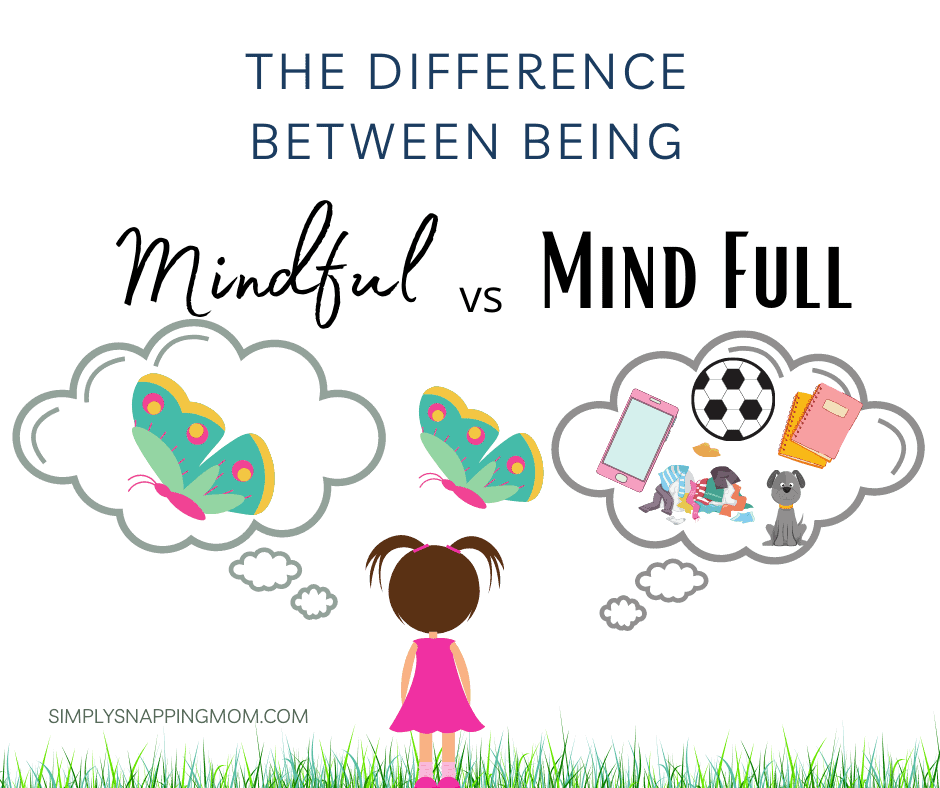
Consider summer the opportunity to teach your kids about mindfulness. These fun and simple mindfulness activities kids will train your kid’s mind to focus on the present.
Raising Teens? Try these 3 mindfulness activities to help them de-stress.
3) Reading for Fun
Teach your kids to read for fun. Whether it’s a comic book, a magazine, or a chapter book, encourage your kid to read before bedtime or during downtime. Or, if they are younger, take time in the day to read to them.
Finding time to read should not cause stress in your home. Make it a habit by encouraging reading when it works best for your family. In our home, it is in the morning when my kids wake up.
Reading develops language skills while providing bonding or relaxation opportunities for families.
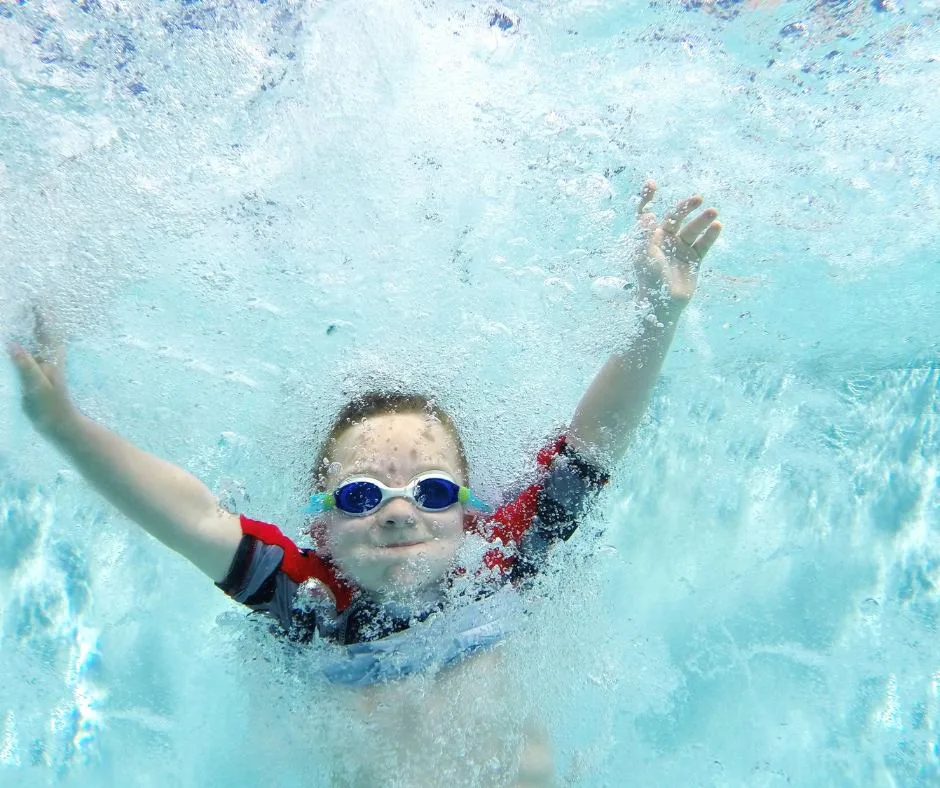
Final Thoughts on Summer Learning Loss
Although some studies suggest summer learning loss should be feared and avoided, I prefer to take an alternative approach to summer learning.
In fact, more studies show that playing (especially risky play) teaches kids empathy and sportsmanship while also improving physical health.
My kids NEED to learn to relax and live in the moment. The rest will come.
The only “summer slide” we worry about in our home is the one at the playground.
Follow us on Facebook for more tips on raising kids who are healthy at home and strong in the world.
However, if you do want to focus on small achievements in reading, non-standard learning, and relaxation techniques, try this calendar:
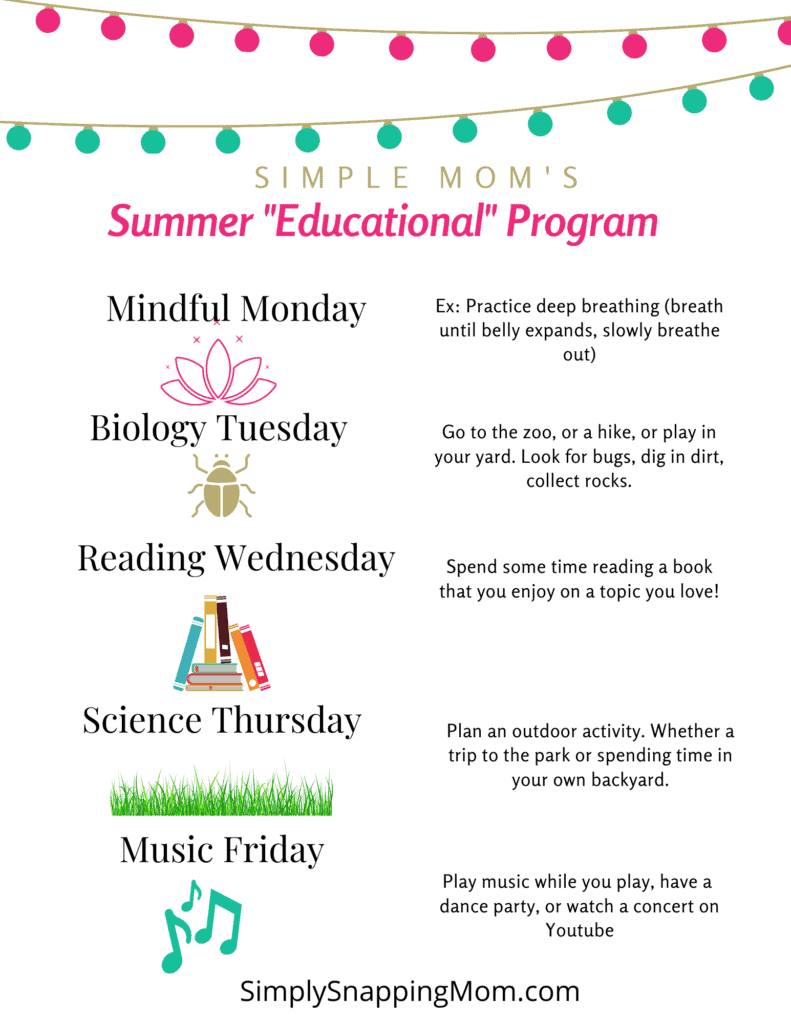
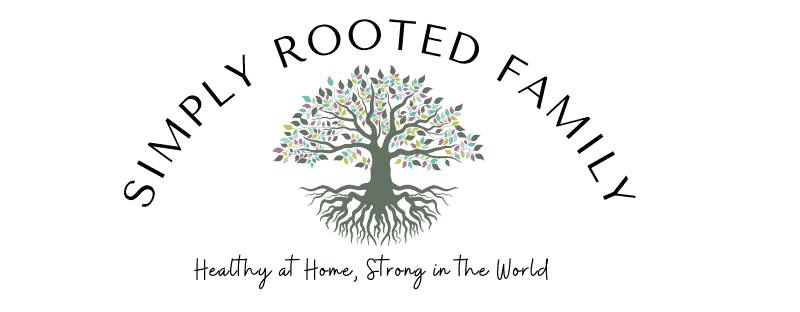
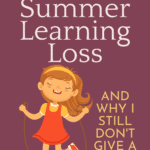
Christianforemost.com
Sunday 27th of June 2021
I found this article really intriguing because as a kid, i do notice that everything i learned a full year at school goes down the drain the two months i have summer vacation. Hahaha, but yeah mostly i just spent summer reading lotsa books hahaha
Aditi
Sunday 27th of June 2021
I have always been a fan of non-conventional ways to teach kids, especially when it comes to nature, animals, trees, birds etc. I think it works like magic if you take them out to a zoo or a park and teach about all these.
Khushboo
Saturday 26th of June 2021
This post is really very informative and helpful. It’s good reading for fun
Oscar
Saturday 26th of June 2021
There are many ways to avoid learning loss. Like what you have stated in your Final Thoughts, "playing (especially risky play) teaches kids empathy and sportsmanship while also improving physical health."
This should be also taken into consideration.
Jasmine Martin
Saturday 26th of June 2021
I think that this is something that my mom thought about when I was a kid. One of the things she did was she bought me workbooks for each subject and had me complete a workbook page everyday during the Summer time.